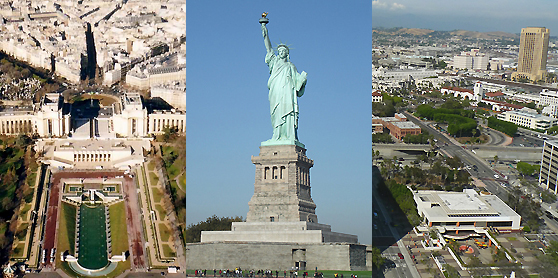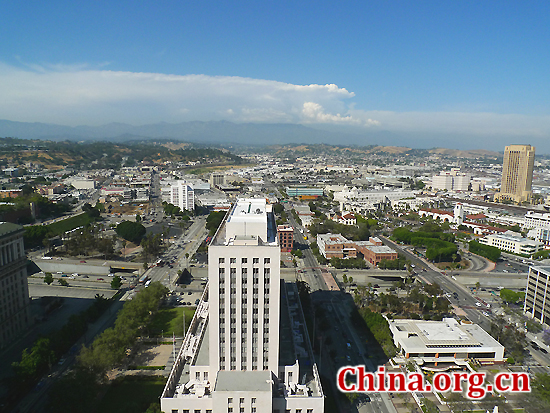Top 10 most expensive cities in the world
- By Xu Lin
 0 Comment(s)
0 Comment(s) Print
Print E-mail China.org.cn, March 29, 2016
E-mail China.org.cn, March 29, 2016
You may need a larger purse if you're planning to visit Singapore, because you'll be going to the most expensive destination in the world.
The Economist Intelligence Unit has published its latest Worldwide Cost of Living Report, releasing the globe's top 10 costliest cities. It sets New York as the benchmark city (WCOL index of New York=100) to be compared against other major cities.
Singapore tops the ranking for a third year in a row, followed closely by Zurich and Hong Kong sharing second place. One thing to note is that Hong Kong climbed seven places up the ranking since last year's report.
As for basic groceries, Singapore offers the same value as New York but is 33 percent cheaper than Seoul, 26 percent less than Tokyo, and 28 percent less than Hong Kong. In addition to high transport costs, clothing expenses, and utility costs, it is also the world's most expensive city to buy and own a car.
The biannual survey, which has been carried out for more than 30 years, compares more than 400 individual prices across 160 products and services, including food, drink, clothing, household supplies and personal care items, rent, transport, utility bills, private schools, domestic help, and recreational costs. A range of stores - including supermarkets, mid-priced stores, and higher-priced outlets - were also investigated. Instead of recommended retail prices or manufacturers' costs, the prices used for calculation are what customers are actually charged.
The following are the top 10 most expensive cities in the world to live in.
Los Angeles, US
|
Los Angeles, US [by Xu Lin / China.org.cn] |
WCOL index: 99
Rank movement: 19
Average US$ price 1kg loaf of bread: US$5.72
Average US$ price 1 bottle table wine (750ml): US$23.53
Average US$ price 20 branded cigarettes: US$7.74
Average US$ price 1 liter unleaded petrol: US$0.99
Go to Forum >>0 Comment(s)








